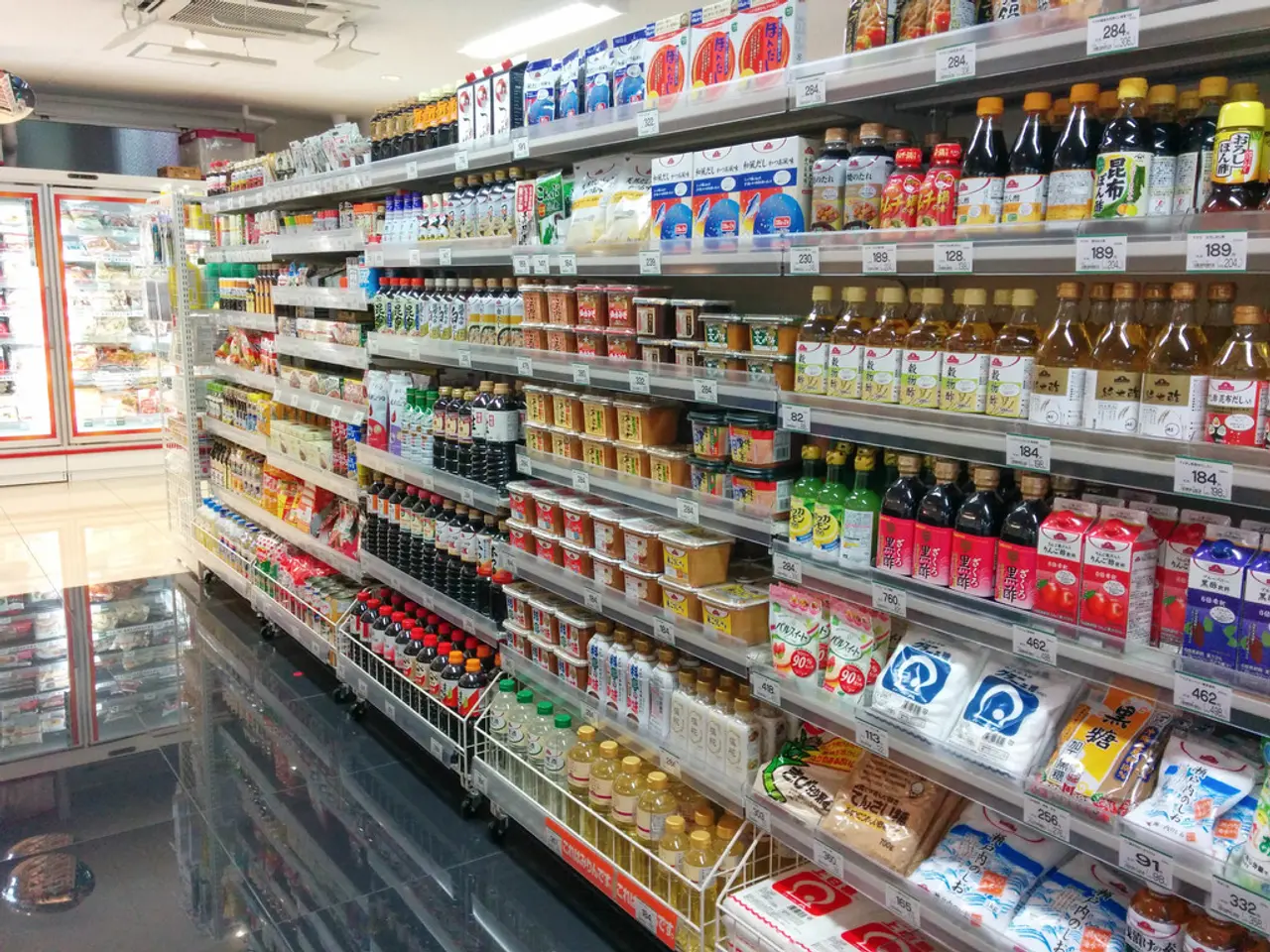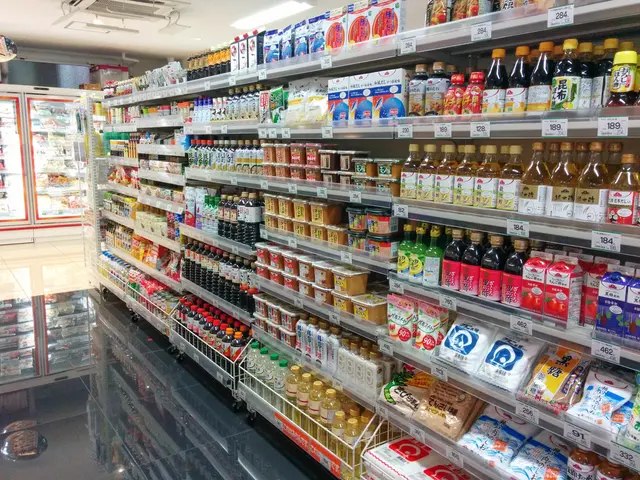"Lower Inflation Rates Observed in MV Compared to Germany's Average" - MV Experiencing Less Inflation Compared to Germany Nationwide
Germany's Inflation Rate Stays Stable at 2.0%
As of July 2025, Germany's inflation rate stands at approximately 2.0% year-on-year, according to the Federal Statistical Office. This figure is consistent with the Harmonised Index of Consumer Prices (HICP) inflation rate for the euro area, which is at about 1.8% for the same period.
The stability of Germany's inflation rate is due in part to falling energy prices and rising service prices. Energy prices have been dropping, which depresses inflation, while service prices are rising faster than average. Core inflation (excluding food and energy) in Germany remains steady at approximately 2.7%, slightly above the European Central Bank's (ECB) target.
In Mecklenburg-Vorpommern, specific recent inflation rates are not separately provided in the search results. However, given the close relationship between state and national inflation rates, it is likely that Mecklenburg-Vorpommern is also experiencing inflation rates close to the national average of about 2.0%.
The ECB aims for an inflation rate of "around but below 2%" over the medium term. Germany's current inflation rate of 2.0% is very close to this target, while the euro area's HICP inflation is slightly below at 1.8%. This indicates general price stability consistent with the ECB's goal.
Projected inflation rates for Germany in 2025 are expected to remain around 2.0% to 2.4%, based on forecasts by German economic research institutes and government agencies, indicating continued price stability in line with ECB objectives.
| Region | Current Inflation Rate (July 2025) | Projected Rate for 2025 | ECB Target | |---------------------|------------------------------------|-----------------------------|------------------------| | Germany (CPI) | ~2.0% | 2.0% to 2.4% | Around but below 2% | | Euro Area (HICP) | 1.8% | N/A | Around but below 2% | | Mecklenburg-Vorpommern | No specific data; likely ~2.0% | Likely similar to Germany | Around but below 2% |
In the region, consumers experienced a 1.7% increase in living expenses in July 2025 compared to the previous year. However, Ulrich Kater, chief economist at Deka, believes that the inflation wave of recent years has subsided. He also stated that wages have caught up with the higher price level.
In terms of specific product prices, food prices in Mecklenburg-Vorpommern rose by 4.8% compared to July 2024. However, vegetable prices decreased by 6.5% during the same period, and prices for fish were slightly cheaper in July 2025 than in the previous year. Meat prices increased by 4.3% compared to July 2024.
Energy prices for consumers in Mecklenburg-Vorpommern decreased by 9.9% for electricity, 3.8% for gas, and 5.1% for fuel compared to July 2024.
Ulrich Kater also believes that the topic of inflation will gradually fade from consumers' minds as they adjust to the higher price level. He further stated that he expects the inflation rate to continue stabilising around the 2.0% mark in the coming months.
In conclusion, both Germany overall and by likely approximation Mecklenburg-Vorpommern are experiencing inflation rates close to the ECB’s price stability target, with projections indicating stability around this level through 2025.
- To manage the impact of inflation on personal-finance, some individuals in Mecklenburg-Vorpommern might consider pursuing vocational training in areas related to business, finance, or accounting, as these skills could aid in more effectively managing and growing their income.
- As the consumer price index in Germany for both the nation and Mecklenburg-Vorpommern remains consistent with the European Central Bank's target, certain businesses might benefit from offering vocational training programs in vocational training, particularly in sectors impacted by inflationary pressures such as food production, to foster a more skilled and adaptable workforce.





